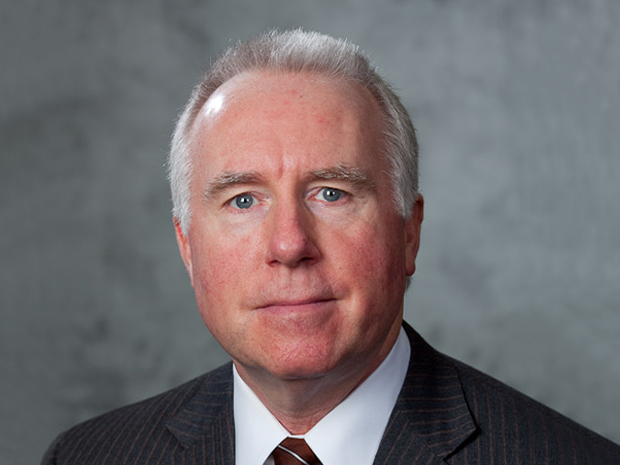On Aug. 3, 2020, the President signed into law P.L. 116-151, the ‘Protecting Nonprofits from Catastrophic Cash Flow Strain Act of 2020,’ which expands emergency unemployment reimbursing payment relief for governmental entities and nonprofit organizations.
Background
Under the Coronavirus Aid, Relief, and Economic Security Act (the CARES Act), the federal government will pay 50% of the unemployment costs incurred by nonprofit employers that elected to make reimbursing payments in lieu of paying unemployment taxes. All unemployment claims filed between March 13, 2020 and December 31, 2020 qualify for the federal reimbursement. However, nonprofit employers have still been required to pay 100% of their reimbursing payments upfront. The federal government then subsequently reimburses the employer’s state for its 50% share of the unemployment obligation, at which point the state refunds the 50% portion to the employer.
Reimbursing employers typically receive monthly or quarterly statements of benefit charges from their state unemployment agency. These statements reference who was paid unemployment benefits and in what amount. The statements are typically issued within the month following the completion of each calendar month or quarter. At the same time, a statement of billing is issued mirroring the total amount of charges incurred for that particular month or quarter. A billing statement will ordinarily request payment within 30 days of the date of mailing. An employer’s failure to timely pay their bill would subject the employer to penalties and interest. The CARES Act provides flexibility to relax those penalties in the event that nonprofit employers are not able to pay timely due to economic hardship.
Employer payment relief
Considering the economic pressures and cash flow concerns facing nonprofit organizations amid the COVID-19 pandemic, the Protecting Nonprofits from Catastrophic Cash Flow Strain Act of 2020 now allows nonprofit employers to pay only 50% of their reimbursing payment obligation up front, while the state awaits payment of the remaining 50% from the federal government.
Nonprofit employers should exercise diligence in the inspection of all benefit charge statements they receive. States are experiencing a high volume of fraud associated with unemployment applications, including claims filed by employees who either never filed for benefits or never worked for them. Employers should timely challenge any payments they deem improper by following the protest rights contained within those statements. Additionally, employers should be aware that a number of states are offering flexibility with respect to reimbursing payment due dates or have elected not to charge reimbursing employers for any COVID-19 related unemployment claims, which may provide additional relief to affected employers.


